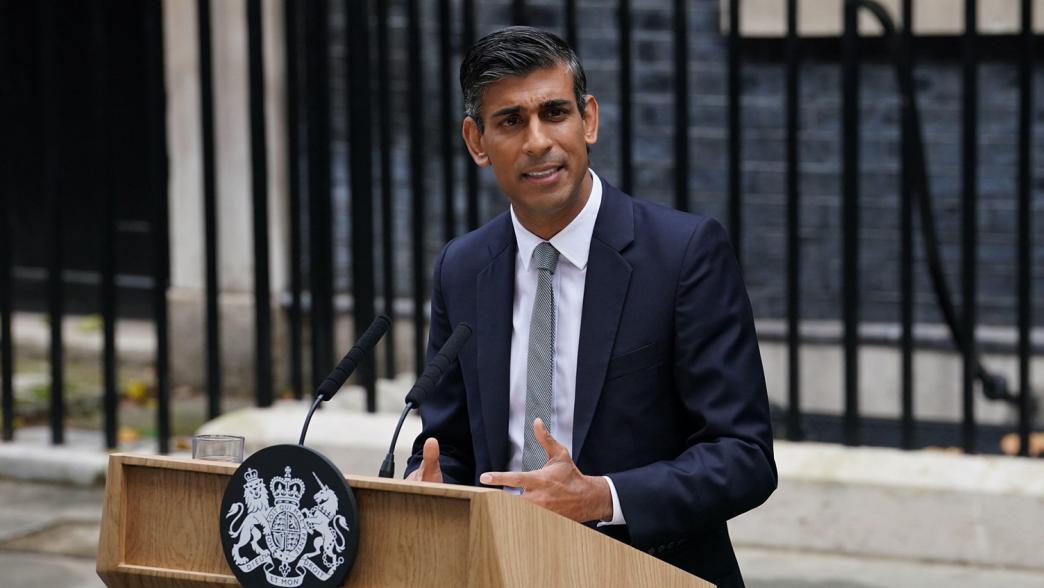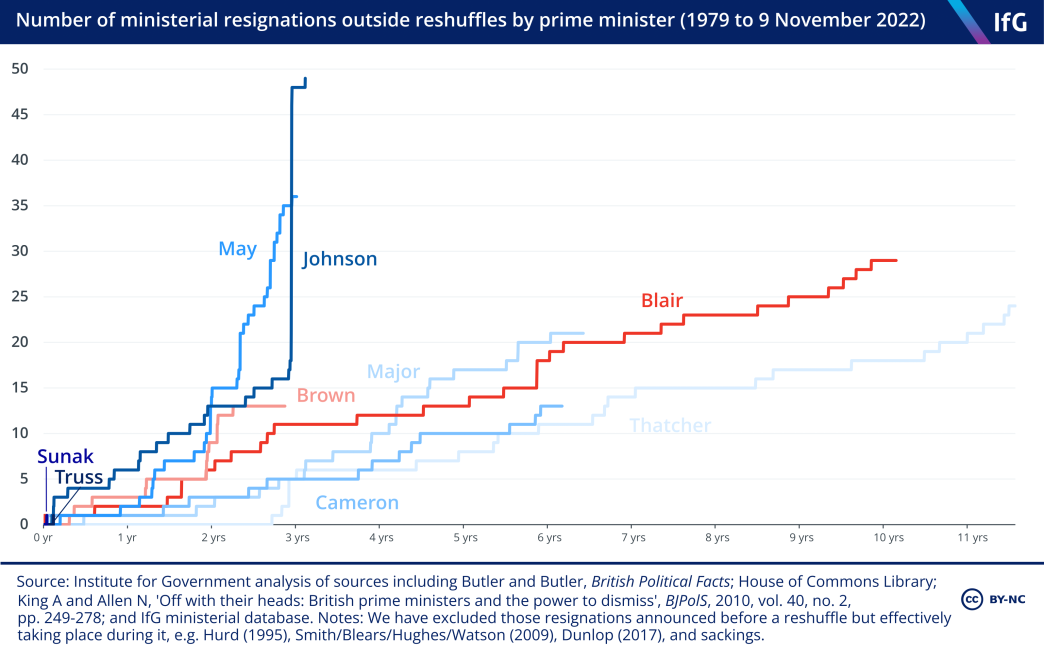2022: The Institute for Government’s Year in Review
Dr Hannah White looks back on a year which stretched British government to its limits.

The last 12 months have been some of the most tumultuous in recent British history. Dr Hannah White looks back on a year which stretched British government to its limits.

The IfG warned that Boris Johnson’s partygate problems would not end with Sue Gray’s report.

The Declaration on Government needs increased momentum, clearer plans and renewed attention from senior figures.

Liz Truss's struggles as prime minister exposed the flaws in allowing party members to elect leaders.

Our our annual Performance Tracker showed public services – which in most cases were already worse than when the Conservatives came to power in 2010 – won’t have returned to pre-pandemic performance levels by the next election.

Rishi Sunak must set out a strategy for rebuilding trust in the union.
